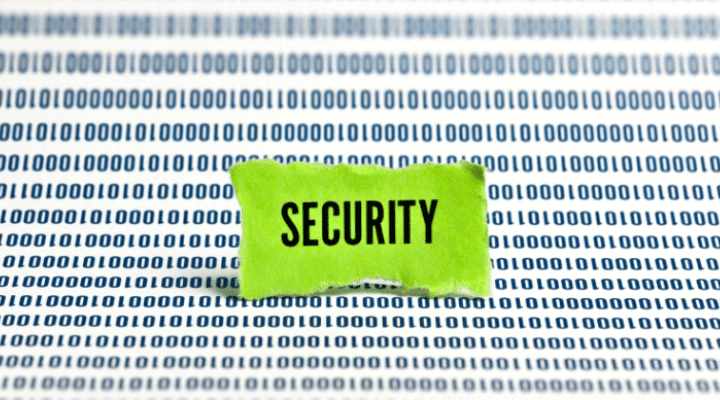USCYBERCOM is a cleared professional’s paradise. Yesterday, Admiral Mike Rogers report to Congress on the state of the cyberwar raging all around us, albeit generally unacknowledged by the average American. Here are some key points from Rogers’ written statement to Senate Committee on Armed Services.
GENERALLY SPEAKING
In spite of the smartest people working around the clock to detect, understand, master, counter, and destroy the growing range and complexity of cyberthreats leveled against the United States, the threat is, to some extent, out-pacing our collective ability to learn. Rogers writes, “The pace of international conflict and cyberspace threats has intensified . . . .” Further, the variety of threats is growing, more sophisticated, and more precise in their effects. Rogers cites familiar cyberthreats such as ransomware criminal actors leverage against financial institutions, and more complex threats posed, for instance, by criminal networks operating on behalf of both state and non-state actors. “My main concern,” Rogers reports, “relates to state-based cyber actors, whose malicious activities have only intensified . . . .” Rogers explains that “cyber-enabled destructive and disruptive attacks now have the potential to affect the property, rights, and daily lives of Americans. . . . adversaries probe and even exploit systems used by government, law enforcement, military, intelligence, and critical infrastructure.”
GRAVE CONCERNS
The enemy is beyond just probing, striking, and retreating. Sometimes, hackers get inside, and stay inside the cyber wire these days. According to Rogers, one of the greatest threats to national security are the routine and, on occasion, temporarily effective attempts to infiltrate Department of Defense and civilian infrastructure networks, and stay there. “On a daily basis, state cyber actors coordinate and execute exploits and scans of the DoD Information Networks . . . as well as related governmental and private systems. . . . the mere possibility that an adversary might establish a persistent presence in DoD networks is always a grave concern.” Rogers’ concern regarding infiltrations goes beyond Defense networks. Indeed, Rogers cites the same threat to networks controlling the nation’s infrastructure. Ultimately, infiltrators could find their way inside our networks and, then, synchronize kinetic measures with cyber espionage.
CYBERWAR HERE TO STAY
Today, cyber is a part of every conflict, reports Rogers: “every conflict around the world now has a cyber dimension,” Rogers writes. “’Cyber war’ is not some future concept or cinematic spectacle, it is real and here to stay. The fact that it is not killing people yet, or causing widespread destruction, should be no comfort to us as we survey the threat landscape.” Not yet. Implicitly, Roger believes, the next step in the evolution of cyberwarfare is the capacity for the threat cyber operators to cause literal causalities, either directly or as a matter of collateral damage.
KEEPING UP
Admiral Rogers’ testimony to Congress is a not so subtle warning that the effects of cyberwarfare are not only going to continue to become more complex and difficult to counter, but also more prolific. The more Americans rely on the Internet of Things, for instance, the more likely the cyberwar will creep unannounced into America’s living rooms. In fact, it may already be there. Rogers explains that “adversary cyberspace operations have grown more sophisticated and assertive, resulting in intrusions that have strained the abilities and capacity of DoD cyber forces.” In order to just attempt to keep up, reports Rogers, “We employ [Cyber Mission Force] teams before they are [at Full Operational Capability], which is comparable to employing fighter squadrons before they are fully manned or equipped.”
The overarching tone of Admiral Rogers’ carefully composed written submission to Congress reinforces what those “in the know” already understand about the sizeable challenges in the cyberwar raging around us, and those just coming to the discussion should be alarmed at the extent of the now persistent threat to our national security and both figurative and literal personal safety.




